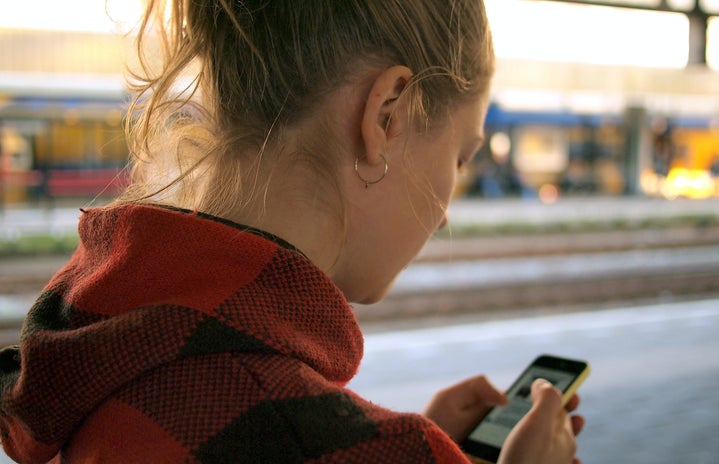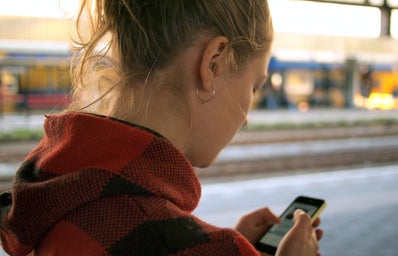Last week was the week of International Women’s Day, however, the week’s events underlined that more still needs to be done in the fight for gender equality. Women were coming forward on social media and other platforms discussing moments where they have been assaulted or made to feel uncomfortable. 97% of women admitted to feeling this way. Yet, some sought to undermine these figures, retorting that it is not them. This focus on questioning women and devaluing their experiences shows how sexist rhetoric still circulates in society.
On Monday, the fallout from Meghan and Harry’s Oprah interview was visible globally. Meghan made claims that she felt suicidal and that the ‘institution’ was not willing/able to support her. This was undermined by Piers Morgan, who stated that he did not believe Meghan, which suggests that questioning mental health experiences, and the experiences of women more generally, is prevalent. Whilst Harry partook in the interview, he has interestingly received minimal fallout from this. Instead, the media has focused on Meghan and how perhaps she may be lying about her feelings, despite not knowing fully what is occurring in her mind.
Next, the case of Sarah Everard’s disappearance was still looming over the public. By Wednesday, a serving Metropolitan police officer, and his partner had been arrested in connection with the crime. The case then became a murder investigation, from which the officer is being charged in October. Subsequently, her remains have been found in Kent and police trawl a massive amount of area looking for any clues in connection to her disappearance.
In the wake of this, women began to share their experiences of sexual assault, harassment, and other violations they have received from men. I feel that women across Britain were collectively shocked, outraged, but also sadly aware of the reality of a situation that many women face on a daily basis. Women shared details on how to make women feel safer. Yet, this should not need to occur. There have been comments that she should not ‘have been out in the dark’. Why though should women feel unsafe walking at night?
While Sarah has been a massive subject of publicity, stories of other women who have been murdered or go missing do not receive the same level of press that Sarah’s case has received. Far too often do events like this occur for women, just they are not publicised to this extent.
In my opinion, women were reminded exactly why we are not safe. However, due to the social media outrage and peaceful protests, there is a possibility for productive changes. Conversations centring on women and their treatment are now at the forefront of people’s minds. Meanwhile, social media now becomes a much more empowering platform for victims and those who wish to educate themselves on how they can help support the cause.


